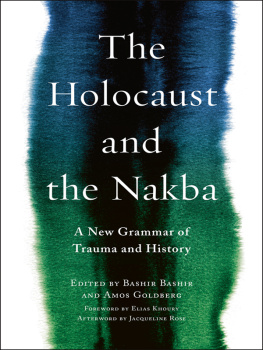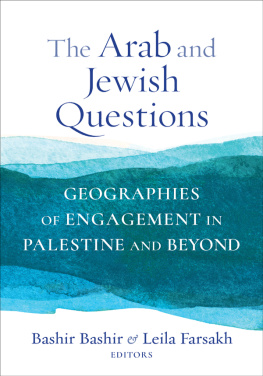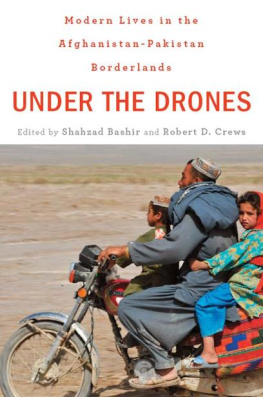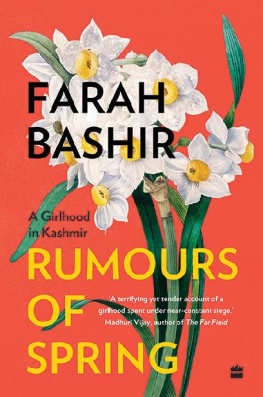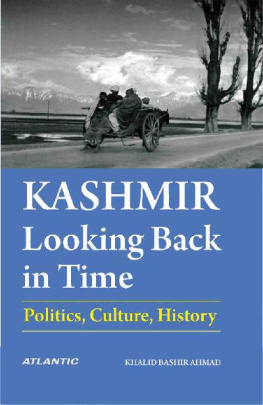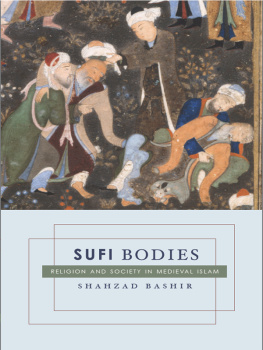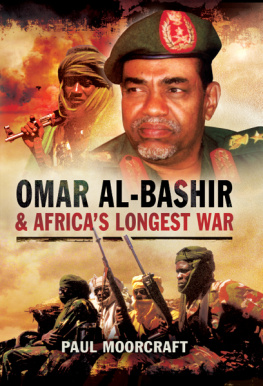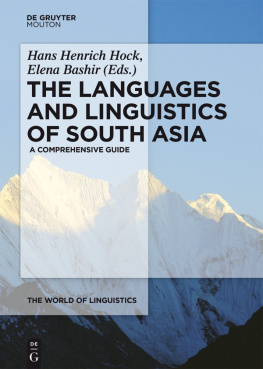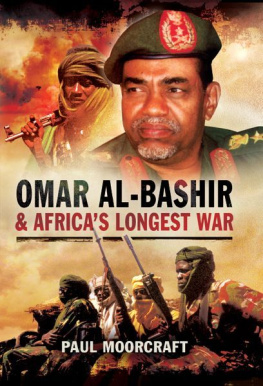Table of Contents
The Holocaust and the Nakba
RELIGION, CULTURE, AND PUBLIC LIFE
RELIGION, CULTURE, AND PUBLIC LIFE
Series Editor: Katherine Pratt Ewing
The resurgence of religion calls for careful analysis and constructive criticism of new forms of intolerance, as well as new approaches to tolerance, respect, mutual understanding, and accommodation. In order to promote serious scholarship and informed debate, the Institute for Religion, Culture, and Public Life and Columbia University Press are sponsoring a book series devoted to the investigation of the role of religion in society and culture today. This series includes works by scholars in religious studies, political science, history, cultural anthropology, economics, social psychology, and other allied fields whose work sustains multidisciplinary and comparative as well as transnational analyses of historical and contemporary issues. The series focuses on issues related to questions of difference, identity, and practice within local, national, and international contexts. Special attention is paid to the ways in which religious traditions encourage conflict, violence, and intolerance and also support human rights, ecumenical values, and mutual understanding. By mediating alternative methodologies and different religious, social, and cultural traditions, books published in this series will open channels of communication that facilitate critical analysis.
For the complete list of books in this series, see
The Holocaust and the Nakba
A New Grammar of Trauma and History
EDITED BY
BASHIR BASHIR
AND AMOS GOLDBERG
Columbia University Press
New York
Columbia University Press
Publishers Since 1893
New York Chichester, West Sussex
cup.columbia.edu
Copyright 2019 Columbia University Press
All rights reserved
E-ISBN 978-0-231-54448-1
Art by Lea Grundig VG Bild-Kunst, Bonn 2017
Library of Congress Cataloging-in-Publication Data
Names: Bashir, Bashir, editor. | Goldberg, Amos, editor.
Title: The Holocaust and the Nakba : a new grammar of trauma and history / edited by Bashir Bashir and Amos Goldberg.
Other titles: Shoah veha-nakbah. English
Description: New York : Columbia University Press, [2018]
Identifiers: LCCN 2018018867 (print) | LCCN 2018020550 (e-book) | ISBN 9780231544481 | ISBN 9780231182966 (cloth : alk. paper) | ISBN 9780231182973 (pbk. : alk. paper)
Subjects: LCSH: Arab-Israeli conflict1948-1967. | Collective memoryIsrael. | Holocaust, Jewish (1939-1945)Historiography. | Holocaust, Jewish (1939-1945)Influence. | Holocaust, Jewish (1939-1945)Public opinion. | Public opinionIsrael. | Population transfersPalestinian Arabs. | Palestinian ArabsIsraelEthnic identity. | Refugees, Palestinian Arab. | IsraelEthnic relations.
Classification: LCC DS119.7 (e-book) | LCC DS119.7 .S3819413 2018 (print) | DDC 940.53/18dc23
LC record available at https://lccn.loc.gov/2018018867
A Columbia University Press E-book.
CUP would be pleased to hear about your reading experience with this e-book at .
Cover design: Julia Kushnirsky
Contents
Elias Khoury
BASHIR BASHIR AND AMOS GOLDBERG
MARK LEVENE
GIL ANIDJAR
AMNON RAZ-KRAKOTZKIN
HONAIDA GHANIM
NADIM KHOURY
ALON CONFINO
MUSTAFA KABHA
YOCHI FISCHER
OMER BARTOV
TAL BEN-ZVI
OMRI BEN-YEHUDA
HANNAN HEVER
REFQA ABU-REMAILEH
RAEF ZREIK
YEHOUDA SHENHAV
JACQUELINE ROSE
ELIAS KHOURY
T his book addresses the complicated and multilayered intersections of the Holocaust and Nakba, a challenging theme that has been central to some of my major intellectual and literary works. While working on the second volume of my novel Children of the Ghetto, I came across a shocking Israeli term that encapsulates the very essence of the ambiguity created by the Zionist project in Palestine. The labels generally used to describe Palestinians, such as saboteurs and terrorists, are not surprising, as these labels are gleaned from a long-standing colonialist vocabulary. However, these labels bear many connotations, as yesterdays terrorist may become tomorrows prime minister, as was the case with Menachem Begin and Yitzhak Shamir of Israel. He may also be awarded the Nobel Peace Prize, as was the case with Yasser Arafat before his being returned to the terrorist enclave during the second Palestinian Intifada, his siege in the Ramallah compound, and his eventual death.
The term that so shocked me is Sabonim, which became widely used shortly after the establishment of the Jewish state. It pointed to the survivors of the Holocaust who had made their way to the Promised Land. The term carries dual meanings: a metaphoric allusion to cowardice and a literal meaning deriving from the origin of the word sabon, meaning soap, found in both the Arabic and Hebrew languages. This is a reference to one of the alleged barbaric practices of the Nazi Holocaust, which was to produce soap from the bodies of its victims, an unfounded claim which was held by many as true at that time. Sabonim is the parallel to the term Muselmnner (Muslims) used to describe the weak among the Jews in Nazi camps, who were so identified in advance of being taken to their deaths. The term Muselmnner is analyzed brilliantly in the chapter by Gil Anidjar in this volume.
I would like to begin with these two terms, Sabonim and Muslims. I was faced with the ambiguity of soap for the first time when visiting an installation by the Palestinian artist Mona Hatoum at the Arab World Institute in Paris in 1996. She had created a cartographers map from 2,400 blocks of the famous Nablus soap, clearly etched with the borders of the Israeli occupation in Palestine. The heady aroma of the Nablus soap had permeated the open areas and corridors of the institute and had captured all my senses. My own interpretation of the artists interesting choice of material was that the very smell of soap made from Palestinian olive oil should represent the antithesis to the occupation and that the smell of the land should ultimately be able to overcome the violence, the borders, and the occupation. The astonishing reaction from some Israelis to this installation was that using soap was a racist sanctioning of Nazi crimes. On being confronted with this interpretation of the Palestinian artists work, I became at a loss for a way to find a common understanding of terminology between victim and oppressor. Indeed, does the possibility of discovering a common vocabulary exist? If the Palestinian artist is not to be allowed to use Nabluss soap for fear of stirring up a Zionist interpretation of her art that destroys the very essence of its humanity, how then are Palestinians to express their tragedy? Or must their tragedy be obliterated because a more tragic narrative was crafted in the gas chambers of a racist Europe? Must victims be further victimized by the silencing of their voices and the enforcement of their acceptance of their gradual elimination by those who claim to be the very descendants of the victims of the Holocaust?

